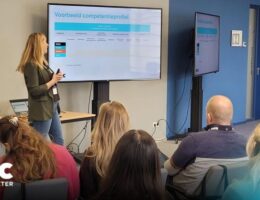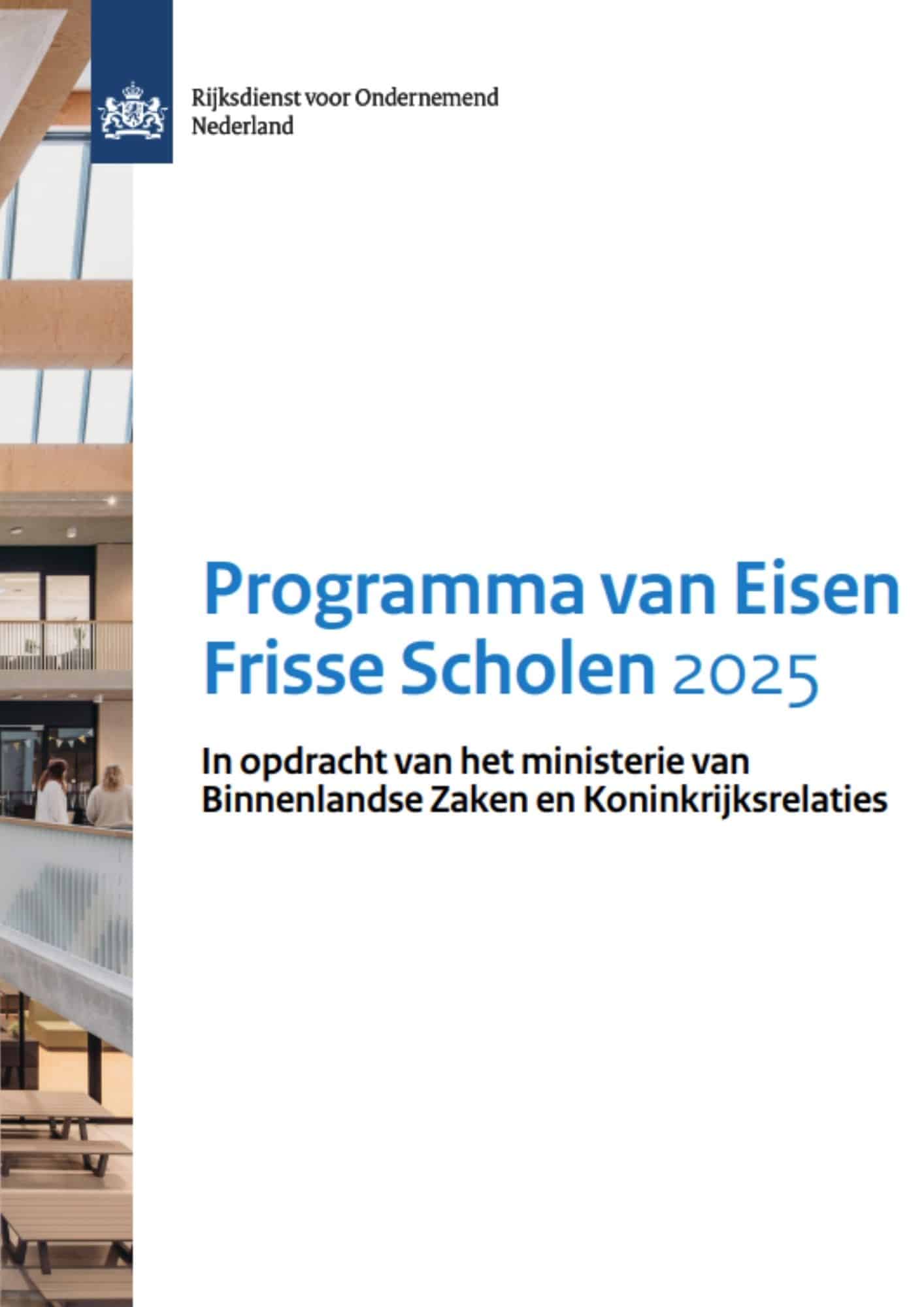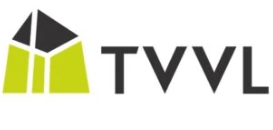Skills gap in the technology industry: the top 10 biggest shortages and concrete action perspectives
26 January 2023The number of jobs in the technology industry has increased to almost 1.5 million over the past five years. For every 1,000 jobs, there are more than 50 vacancies; the vacancy rate is high. So new employees are in high demand, but are they there and do they have the right skills? Meanwhile, technological developments are changing the work in the sector and with it the skills needed to keep doing that work. What skills do you need to develop in your employees so that they are ready for the future? Where do we see the biggest 'gap' emerging and how do you respond? FME did research into this and we are happy to share the results with you.
Top 10 skills needed most
From research conducted by SEO, shows that the shortages are greatest in the area of 'soft skills', such as cooperation, adaptability and quality orientation. This is followed by 'hard skills' such as metalworking, data analysis and computer skills.
| Top 10 biggest deficits | Type |
| 1. Cooperation and collegiality | S |
| 2. Adaptability | S |
| 3. Quality focus | S |
| 4. Safety awareness | S |
| 5. Metalworking | H |
| 6. Knowledge of project methodologies | H |
| 7. Analyse and interpret data | H |
| 8. Customer focus | S |
| 9. Responsibility | S |
| 10. Computer skills | H |
Recommendations
The study also reveals recommendations you can use as a company to reduce the skills gap and increase job opportunities.
- Encourage talent development
With a (strategic) training plan, you can narrow the skills gap. Create a learning culture and raise awareness of the importance of learning and connect to the wishes and talents of your employees. Empower your people and let managers reinforce this with positive coaching so that the employee's ability to learn is promoted. - Greater focus on soft skills when attracting talent
Speed of (technological) change requires agile employees. By focusing on soft skills such as cooperation and adaptability when recruiting new employees, other target groups such as lateral entrants also become interesting for your company. - Provides space and flexibility
By offering space to employees in working hours (hybrid working) and size of contract (part-time/full-time), you tap into a larger target group and bind current employees to the organisation. - Internal knowledge exchange
Internal knowledge exchange is important, for instance through mentoring or a "knowledge carousel" where internal disciplines tell each other about their work. Informal learning contributes to mutual cooperation in multidisciplinary teams, for instance. - Organise work differently
Breaking up functions into tasks creates opportunities to redesign work. This will create more opportunities for current staffing and lateral entry.
You can see the main results of the survey in theinfographic.
Getting started with the Trade Centre Binnenklimaattechniek
The Vakcentrum Binnenklimaattechniek is the place where aspiring and experienced climate technicians receive practice-oriented education on all aspects related to a healthy indoor climate in buildings and homes. The Trade Centre has a full range of practical courses available in the field of climate technology. This will raise the knowledge and skills (skills) of your employees in the field of indoor climate to a higher level. If you want to quickly deploy your employees in the field of installation technology, check out the practical training courses offered by the Vakcentrum Binnenklimaattechniek via:Trade centre learning lines. Visit the Trade Centre for more information.








